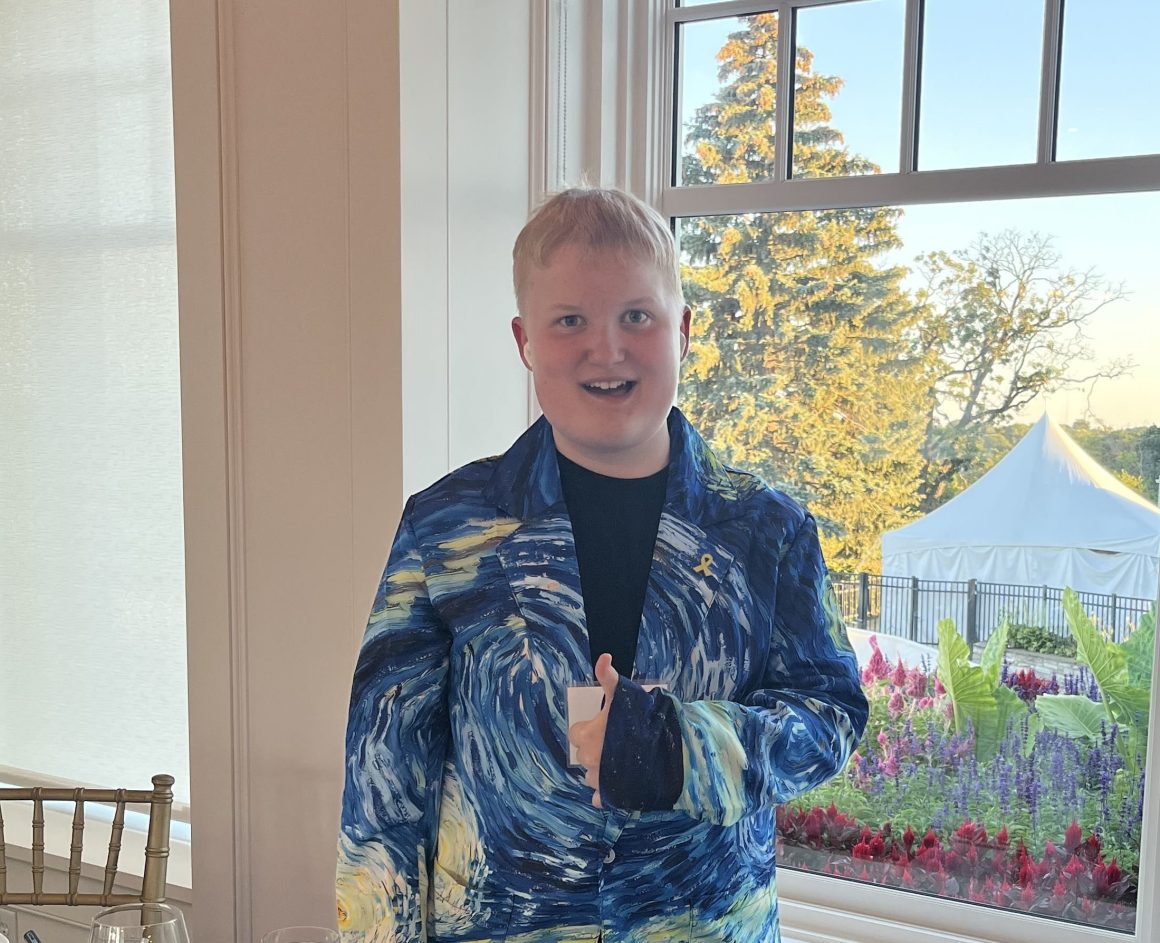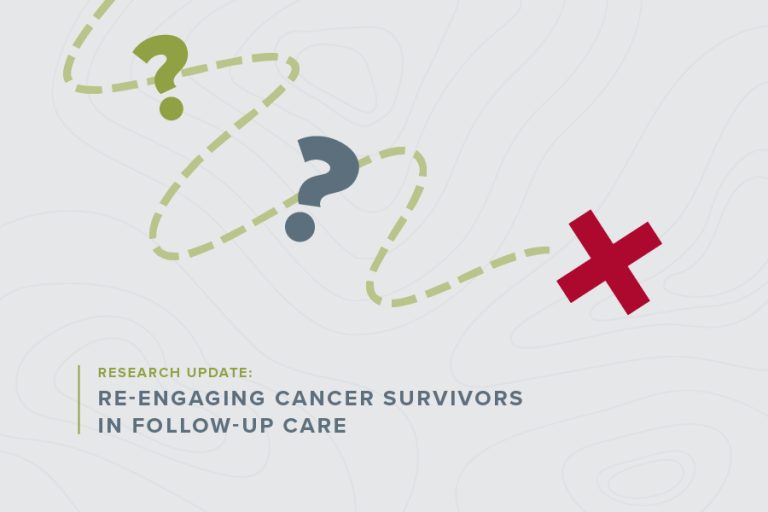“Come here right now. Something big is happening.”
That’s the text message Erika sent to her husband, Joe, from the emergency room. Erika and Joe’s 9-year-old son, Fritz, was being taken for a CT scan and multiple doctors were already being consulted on his case. Erika, who works in medicine, knew these were all bad signs.
“We didn’t have to wait in the waiting room at all, which I knew was bad,” Erika said. “When you get to the emergency room and they basically roll out the red carpet for you, you know you’re in trouble.”
Earlier that day, Fritz had what should have been a normal dentist appointment - he’d been having some pain in his mouth, which Erika thought was an impacted tooth. But when the dentist took a look she saw a mass.
“She took one look at it and said, ‘I’m not touching that,’” Erika said. She sent Fritz and Erika to the nearest emergency room, where he was rushed back for tests. Doctors took a biopsy of the tumor, which had so many blood vessels in it that Fritz lost 1000 ccs of blood - roughly equivalent to a liter of soda - and needed a transfusion. Soon after, on March 25, 2021, Fritz was diagnosed with Ewing sarcoma, a solid tumor. From that moment, it felt like everything changed overnight.
“He hadn’t had any other symptoms we were concerned about before this,” Erika said. “He went from a healthy, vivacious, sassy 9-year-old to a child that was weak and exhausted and needed a blood transfusion.”
The Rarest of Rare
Fritz’s tumor had started in his jaw - an unusual presentation for a solid tumor. His represents less than 1% of all Ewing sarcoma cases. Ewing sarcoma itself accounts for around 1% of all childhood cancer cases - making Fritz the rarest of the rare. For most childhood cancers, this would mean that very few treatments are available, or that doctors don’t know enough to treat the cancer effectively. But in one way, it worked to Fritz’s advantage. Because the tumor in his jaw stood out as strange from the very beginning, he could start treatment right away - which is not the norm for a lot of other kids with sarcomas.
“We’ve talked to other sarcoma parents whose concerns were written off as sports injuries or growing pains,” Joe said. “But with Fritz there was no denying that this wasn’t normal so treatment started much faster.”
Fritz’s intense treatment included:
- A tumor resection surgery where doctors replaced over two-thirds of his jaw bone with part of his fibula
- Months of difficult chemotherapy, including a drug nicknamed “Red Devil” because of it’s red color and it’s toxicity
- Airway reconstruction surgery, which Fritz needed due to the severe damage caused by his chemotherapy and prior surgery
- A period of three weeks where Fritz was not allowed to move his head at all while recovering from his airway reconstruction
Even through the toughest months, Fritz kept his sense of humor - sometimes to the surprise of his doctors. He once faked a seizure after surgery, just to scare his care team. Another time, he pretended to choke as a doctor very carefully checked his fragile airway after his reconstruction surgery, and laughed when he saw his doctor jump. Another time, a very slim doctor who was examining his mouth said, “Okay, don’t bite my finger,” and Fritz said, “Oh, don’t worry, there’s not much meat on your bones anyways.”
“He loves to get a reaction out of people,” Joe said. “We’re proud of Fritz for continuing to be exactly who he is all throughout treatment - especially now, as he becomes a teenager while still dealing with plenty of side effects.”
A Better Answer
Fritz visits his oncologist every six months for routine scans and, thankfully, there is no evidence that his cancer has returned, but his treatment left him with scars and side effects that impact his daily life. He sees surgical specialists, endocrine specialists, sleep medicine doctors and more - he regularly has enough appointments to last an entire day. He’s on multiple medications to manage problems that were caused by the treatments that cured his cancer - a tradeoff his parents certainly never expected.
“He went from a kid who takes a Flintstone vitamin to a kid who takes multiple medications that most people don’t encounter until middle age or later,” Erika said. “We never would have forgone his treatment, because it’s the reason he’s here today… I just wish it hadn’t been so unkind to his body. I wish we could have a better answer.”
Erika and Joe said one of the most shocking things about childhood cancer life is how little support childhood cancer research receives.
“I assumed that huge amounts of money were just pouring in for research, because who can stand to see kids with cancer? It seemed like it would be a national priority to fix that,” Erika said. “To see how little of the federal budget goes to childhood cancer research was shocking.”
It’s true - a tiny fraction of federal money spent on cancer research is focused on kids, and pharmaceutical companies can’t make money on cancer research drugs because childhood cancer is so rare. Half of all funding for childhood cancer research is raised by parents and nonprofits like Children’s Cancer Research Fund. This means uncovering the kind of “better answer” that kids like Fritz deserve, will take all of us.
Thanks to supporters of CCRF, we’re on the road to better answers - CCRF’s support of Ewing sarcoma research recently led to a multi-million dollar grant and a clinical trial that could lead to a more targeted treatment. This could mean fewer side effects and shorter treatment times for kids like Fritz who are diagnosed in the future.
“It takes a community of people who say, ‘our kids deserve better,’ and put their money where their mouth is,” Joe said. “We can’t count on pharmaceutical companies or government agencies to keep their focus on this - it has to come from us.”



